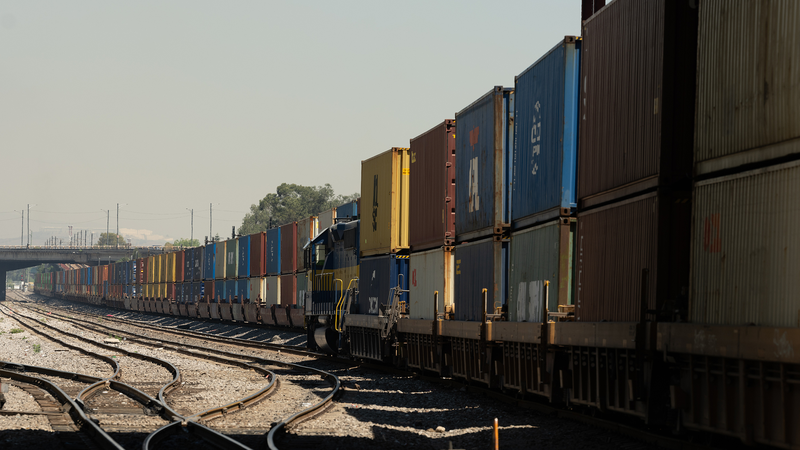When U.S. President Donald Trump rolled out sweeping tariffs on a range of imported goods, economists warned that the ripple effects could spell trouble far beyond Washington's borders. While the U.S. economy braces for higher consumer prices, the heaviest burden may fall on developing nations in the Global South.
Jayati Ghosh, an economics professor at the University of Massachusetts Amherst, argues in an op-ed titled “The Global South will pay for Trump's trade war” that cancelled or delayed export orders are already destabilizing supply chains and fueling unemployment.
“As with previous self-inflicted economic crises, the U.S. economy will undoubtedly suffer, but the heaviest burden will fall on the developing world. Cancelled or delayed export orders are already undermining production and fueling unemployment,” wrote Professor Ghosh.
Data from the International Trade Centre shows that Bangladesh, the world's second-largest apparel exporter, could lose up to $3.3 billion in annual exports to the U.S. by 2029 if the 37 percent tariff remains after the pause.
The Bahamas, which imports virtually all the physical goods it consumes and has limited domestic production, has voiced deep concerns that new tariffs will worsen inflation and the cost-of-living crisis for many families.
“With Bahamians already struggling with inflation and the high cost of living, this is definitely very bad news,” stated the Bahamas Chamber of Commerce and Employers Confederation.
In a recent article, Chinese Ambassador to the Bahamas Yan Jiarong highlighted the destructive nature of the Trump administration's tariff policy and urged Global South countries to deepen South-South cooperation in industry and supply coordination to boost resilience and safeguard development rights. He also reiterated that the Chinese mainland serves as an anchor of stability for the multilateral trading system and pledged further opening up.
As young global citizens, entrepreneurs, and changemakers watch these developments, the message is clear: building stronger regional partnerships and flexible supply chains may be key to weathering the storms of a fragmented trade landscape.
Reference(s):
Experts: Global South countries suffer from Trump's tariff policy
cgtn.com




